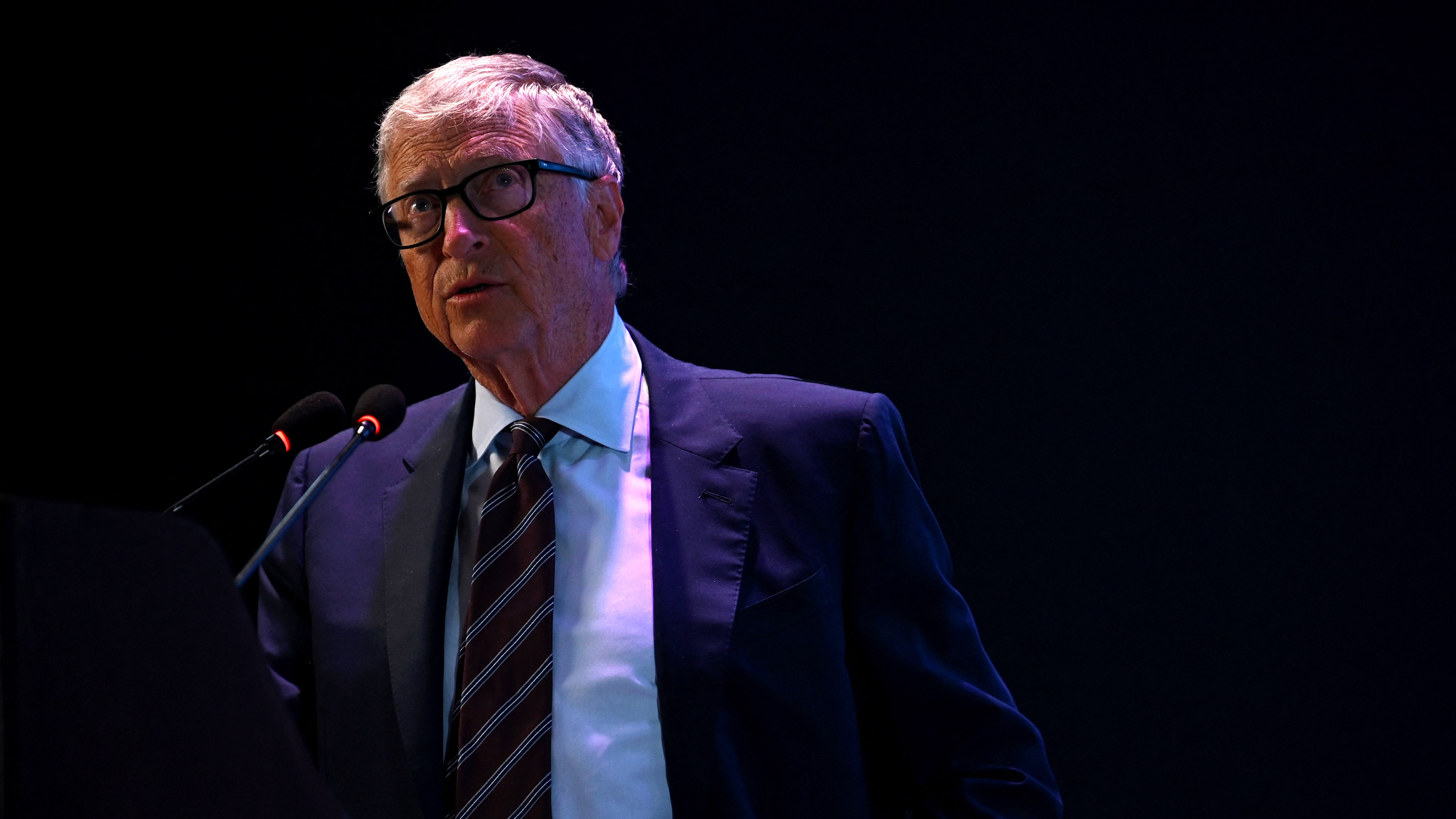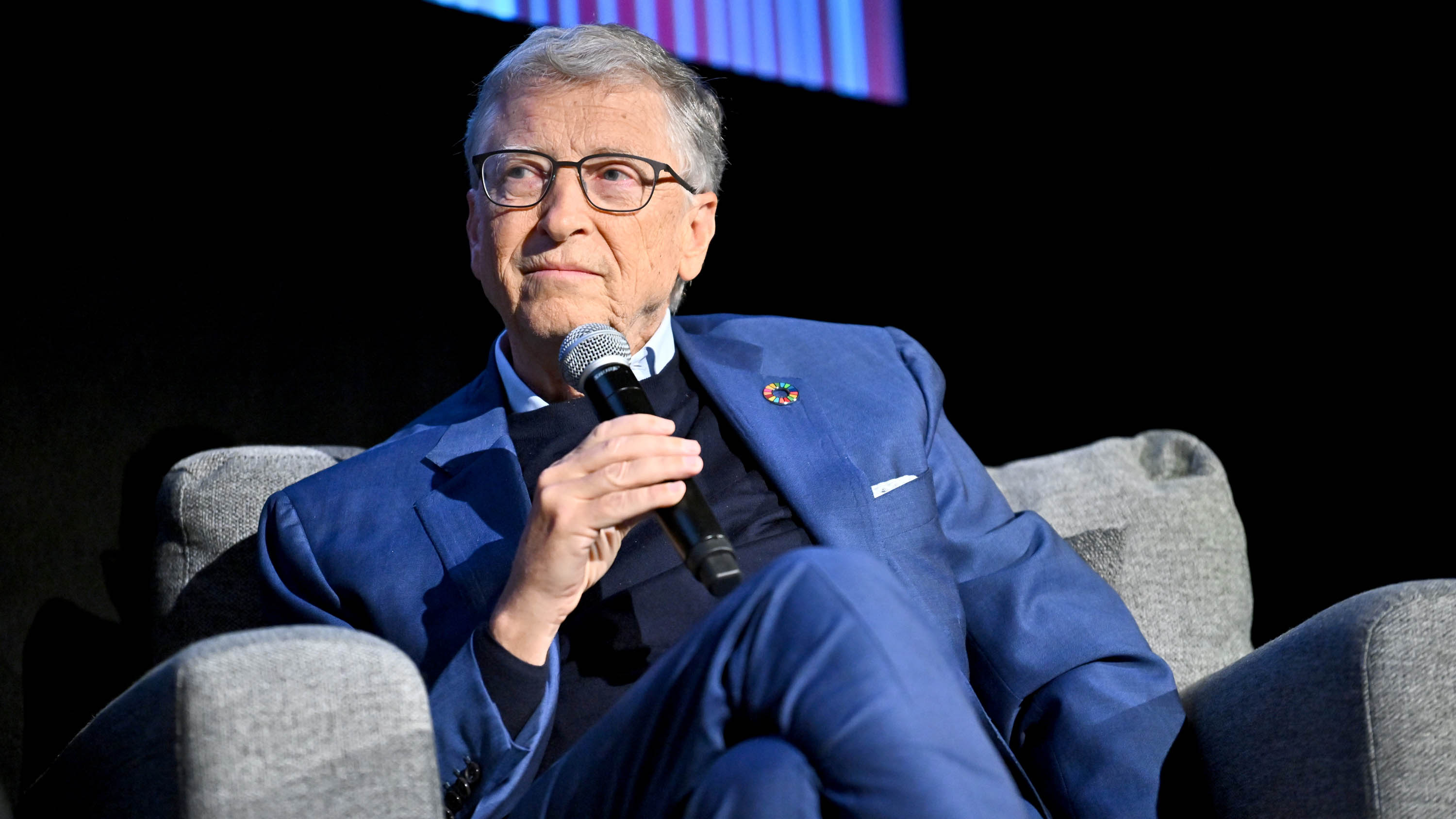
Microsoft co-founder Bill Gates is at it again, this time with an interesting theory about the trajectory of AI and how it could potentially impact the work schedules of most professionals.
While speaking to comedian Jimmy Fallon on The Tonight Show, Bill Gates suggested that AI might present a 2-day work opportunity:
“What will jobs be like? Should we just work like 2 or 3 days a week?”
Placing the job security concerns expressed by professionals aside, working fewer days during the week. I asked Microsoft Copilot about the benefits of having a shorter workweek, and I was pleasantly surprised. The benefits outweighed the cons:
- Improved Work-Life Balance: Employees often report having more time for personal interests, family, and relaxation, which can lead to greater overall satisfaction.
- Increased Productivity: Studies show that reducing workdays often encourages more focused and efficient work during the hours available.
- Mental Health Benefits: Additional time off can reduce stress, prevent burnout, and contribute to overall well-being.
- Cost Savings: Workers may save on commuting, child care, or other expenses associated with being at work.
- Environmental Impact: With fewer commutes, energy use, and facility operations, there can be a positive environmental effect
Bill Gates has championed a shorter work week before

In case you missed it, this isn't the first time the philanthropic billionaire has suggested a shorter work week for professionals given the prevalence of AI.
Last year, Bill Gates floated the idea of AI creating a 3-day work week for professionals by freeing them from repetitive tasks that would have otherwise consumed a lot of time that can be used for more meaningful things.
He indicated that AI could be used to handle repetitive tasks like cooking, reducing the need for professionals to work 5 days a week. Interestingly, he expressed concerns about AI's potential of taking over his job.,
Over the past few days, Microsoft co-founder Bill Gates has stirred controversy across social media about the possibility of generative AI replacing humans for most things. According to the billionaire, several professions will become obsolete as it becomes more advanced.
Interestingly, the executive indicated that doctors and teachers might be the first professions to be axed by AI within 10 years. However, he claims that only three professions will survive the AI revolution: biologists, energy experts, and coders.
The philanthropic billionaire claims that humans continue to play a crucial role in software development, including identifying and correcting errors, refining algorithms, and more. As for energy, Gates claims the sector is too complex to be fully automated using AI.







